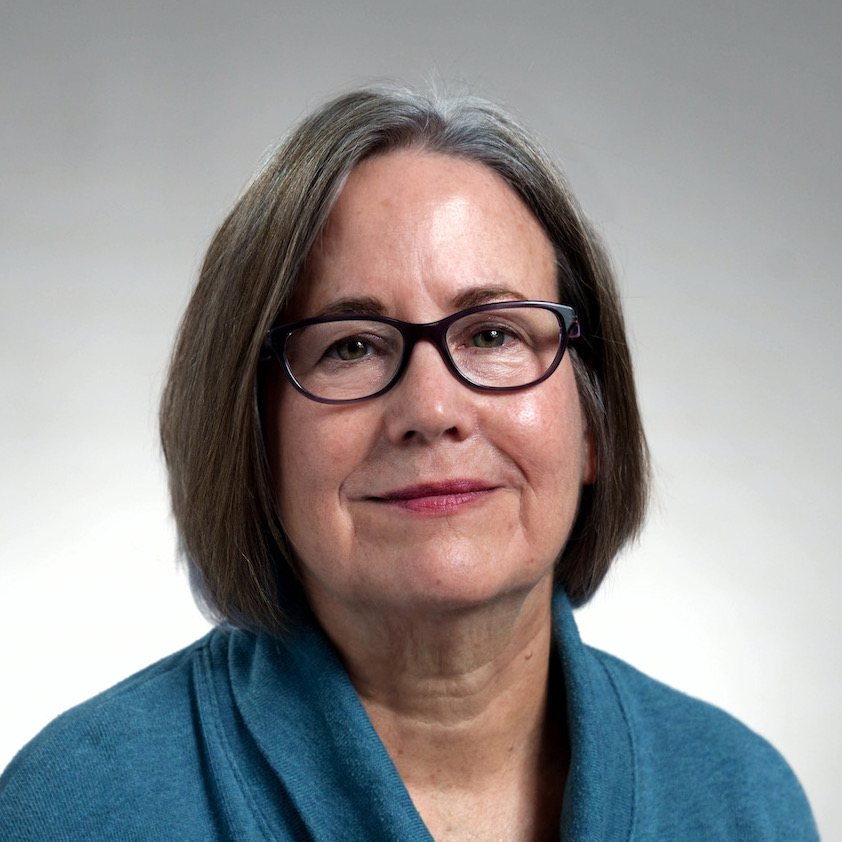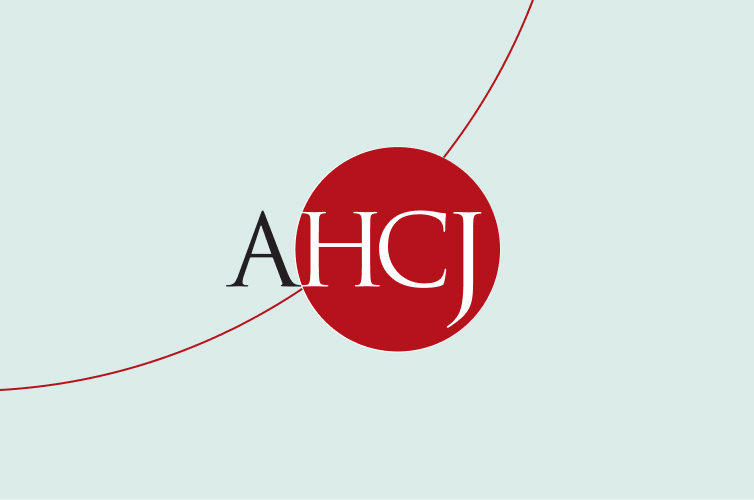
The Centers for Medicaid and Medicare Services has promised Modern Healthcare that all of its reporters will have access to the agency’s telephone press conferences in the future, according to editor-in-chief Aurora Aguilar.
Aguilar said she received that assurance in a phone call from CMS on Monday, the day after Covering Health reported that a communications contractor with CMS had threatened to bar Virgil Dickson, Modern Healthcare’s Washington bureau chief, from press calls if he didn’t delete three sentences from a published story.
A spokesman for the Department of Health and Human Services asserted this week that, despite the threat against Dickson, CMS and other HHS divisions do not blacklist reporters.
“We don’t ban reporters,” said Mark Weber, deputy assistant secretary for public affairs for human services.

Weber could not explain why Dickson was ejected from a Feb. 1 press call, in what Dickson took to be CMS making good on the threat from Brett O’Donnell, the contractor. Weber described it as “an unfortunate incident” that does not comport with HHS policy.
Other questions also remain unanswered.
While Modern Healthcare has been promised a place on CMS press calls, it’s unknown whether other reporters will get similar access. Typically, a small number of reporters are invited to briefings, with no explanation of the criteria for selecting them.
Additionally, it’s not known whether the contractor who made the threat against Dickson will continue to work for the agency, or whether such contractors have a role in media responses at other HHS divisions.
However, the HHS media policy states on page 5 that only employees, not contractors, can speak for the agency:
“Only HHS employees can speak to the media on behalf of his/her agency. Contractors, fellows (except Title 42 fellows), and other non-federal employees employed by HHS cannot speak on behalf of his/her agency. Exceptions to this practice may be considered on an individual basis.”
Asked about the role of contractors, Weber described it as “an internal matter” and emphasized that the media policy remains in effect.
Reporters urged to use appeals process
Weber urged reporters who have difficulty getting information or encounter apparent violations of the policy to take advantage of the appeals process that AHCJ brokered in 2014. Under that process, reporters hitting roadblocks with an HHS agency are urged to appeal to the person in the HHS media office who oversees the agency in question. The list of these deputy assistant secretaries can be found here.
“The appeals process is in place. Please use it so we can avoid unfortunate instances like this in the future,” Weber said. “Reporters always have recourse if they don’t feel like they’ve been treated fairly or respected. I encourage them to reach out to leadership at the agency.”
AHCJ President Ivan Oransky, M.D., said he hoped the reaction to the incident will spur greater openness at CMS and other federal health care agencies.
“It’s important to remember that this incident comes amid other disturbing restrictions on access to information from an agency responsible for the health of many millions of Americans,” Oransky said. “I’m glad that Modern Healthcare has been promised a place on press calls. Many other journalists await the same opportunity.”
A powerful response
News of the threat to blacklist a reporter drew unprecedented attention to AHCJ’s Covering Health blog. The article received more than 26,000 views since it appeared Sunday afternoon, and stirred an explosion of commentary on Twitter.
Aguilar, the Modern Healthcare editor, said she was moved by the responses she received from fellow journalists and Modern Healthcare readers.
“I’m grateful for the support that we got from the journalistic community,” she said. “What I was most worried about was that this agency that is so important to our coverage would end access. As long as we have that, I feel we are able to serve our audience and able to do our jobs.”
She noted that in a recent 18-day period, Modern Healthcare – widely read by health care executives – published 90 stories related to news from CMS.
As a result of the phone call from CMS on Monday, Aguilar decided not to publish an editorial planned for Tuesday decrying the move against Dickson. She also agreed not to divulge details of her discussion with CMS.
But going forward, she said, “I’m going to be much more hypervigilant about whether or not they’re treating us fairly, and I’m going to make sure we do our due diligence.”
She added that despite the complaints from CMS, “There was nothing inaccurate about Virgil’s writing and nothing irresponsible.”









